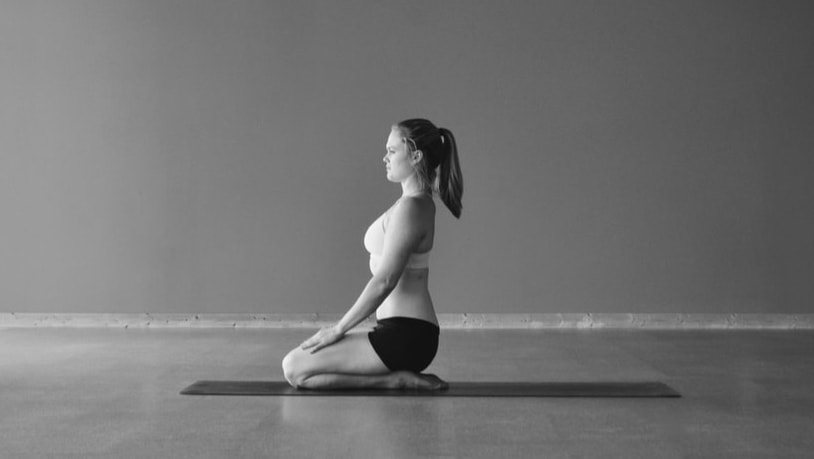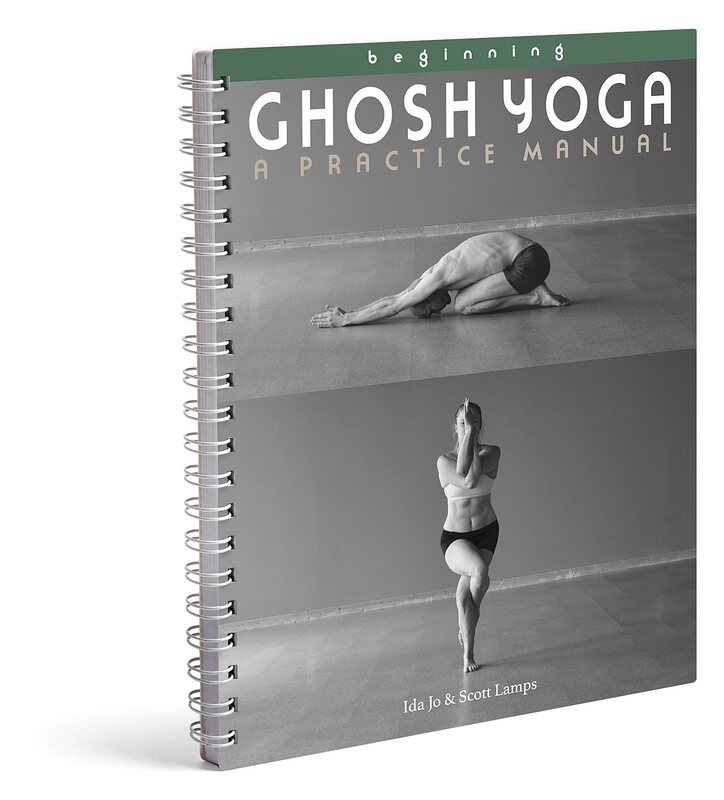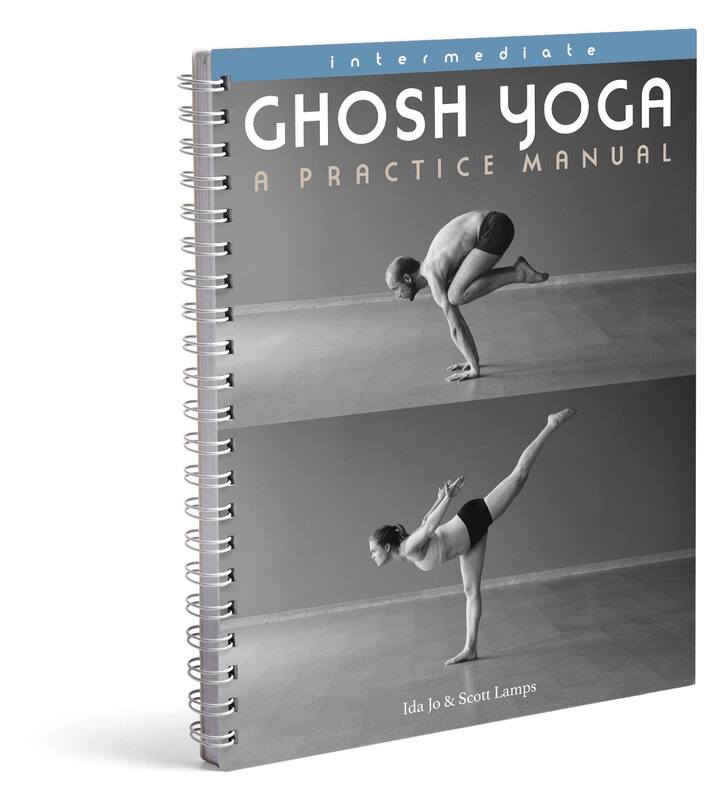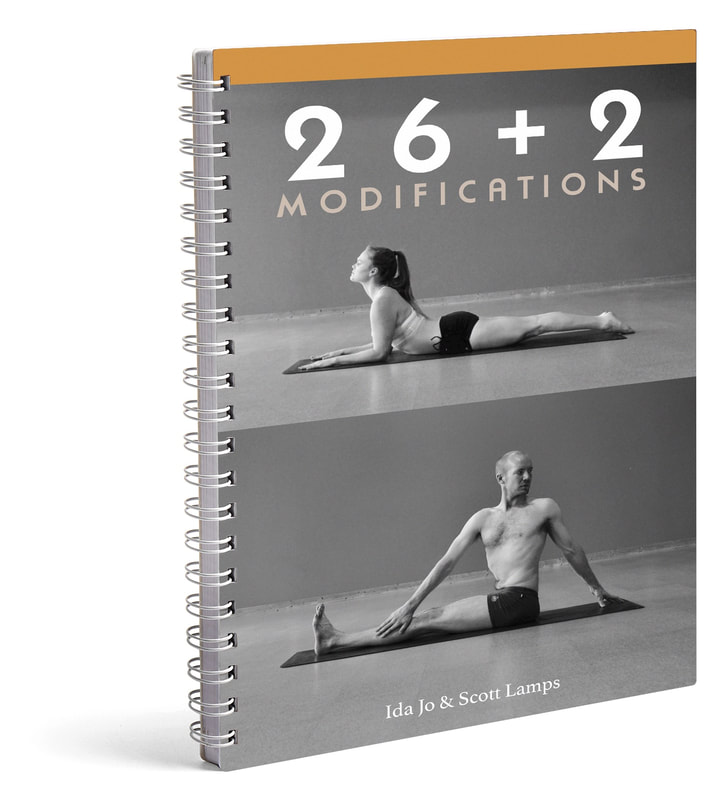|
Many of us believe that yoga is a reprieve from the hectic outside world. Our outer lives are fast and stressful while the inner yogic world is calm and peaceful. But yoga is a system that has real-world consequences. You may have noticed that your thoughts, beliefs and actions have changed since you began practicing or studying yoga. And when our actions change, consequences change.
As such, yoga has a long history of interaction with social and political issues. It will be useful to examine some of yoga's core tenets, because they inevitably have an impact in the real world. We want to examine the real-world impact of yoga in three articles. This is the first. Here let's look at some of the fundamental tenets of yoga philosophy: non-violence & truth. NON-VIOLENCE A central belief in yoga and much Eastern philosophy is non-violence. At its heart, this is based upon the belief in karma: every action we do will come back to us later as a consequence. So if we harm someone else, that deed will return to us thanks to the universal law of cause and effect. We cannot possibly commit any action without reaping the consequences upon ourselves. In this way, we avoid violence as a form of self-protection. This belief is somewhat in contrast with the Western view of violence. We protect ourselves, our families, our possessions and our ideals with violence if necessary. Violence is justifiable in self-defense. Violence can even be morally encouraged if we think that the loss of 10 lives will save a million. Admittedly, this is complicated. It can be difficult to assess what we believe as individuals. But it is worth considering the varying viewpoints and their consequences. The yogic view, which avoids violence at literally all costs, has the possible repercussion of allowing the dominance of others who are willing to resort to violence. If I will not fight back, I will probably lose every battle I fight with someone who will. On the other hand, the self-preserving view, that permits violence in self-defense, encourages a highly-developed sense of identity and ego. It also encourages strenuous adherence to systems of belief, which can develop into violent action to defend those beliefs. TRUTH A yogic ideal with far less complexity is the idea of honesty or truth. To our knowledge, every culture encourages honesty. Our parents warned us from a young age, "Tell the truth! Don't lie!" The reasons why we choose honesty or lying are far more interesting. Most interesting are our reasons for lying. Ask yourself: "Why do I lie? When is it justified to avoid the truth or misrepresent it?" The reasons for lying can be distilled down to one word: power. We lie because it gives us power. When my boss asks why I'm late, I lie and say I got a flat tire. I have more power than I would if I told her the truth, which is that I slept through my alarm. Lying forces my boss to accept my version of reality, which allows me to dictate the consequences. Of course, this only works if my boss doesn't have access to other sources for the story. In that case, I don't have power over her version of reality. This is the great lesson of lying. It is only as powerful as its ability to bend the listener's view of reality. When someone lies to us and we believe it, we are completely under their power. However, if they lie to us and we do not believe it, they have no power over us whatsoever. Why does yoga encourage truth? Because it aligns us with reality. Every time we lie, we fracture ourselves from reality. If it is 2 o'clock but I say it is 10 o'clock, I have essentially separated myself from fact. I have constructed a small alternate universe and isolated myself from the real one. If we lie frequently, we remove ourselves from reality and increasingly exist in a bubble of our own making. Yoga's goal is to reverse this process and gradually place us firmly and directly in reality. Not our own thoughts or beliefs, but reality itself. Try it for yourself. Next time you are tempted to tell a lie, no matter how small, tell the truth instead. Your individual sense of power will decrease, but this is only a false sense that is driven by the ego. What improves is your connection to truth, which actually makes you immensely more powerful. IN CONCLUSION The way in which we relate to the world has real consequences. This includes how we think of ourselves and our beliefs. Are we willing to fight for them? Who are we fighting and why? Is violence justified by its outcome? Does the end justify the means? Will we lie to protect our identity, possessions or power? Will we accept the lies of others to do the same? Yogic philosophy answers these questions in specific ways. But that is not terribly important here. What is important is that we consider these questions. And realize that how we answer them will have real-world impact.
0 Comments
Leave a Reply. |
AUTHORSScott & Ida are Yoga Acharyas (Masters of Yoga). They are scholars as well as practitioners of yogic postures, breath control and meditation. They are the head teachers of Ghosh Yoga.
POPULAR- The 113 Postures of Ghosh Yoga
- Make the Hamstrings Strong, Not Long - Understanding Chair Posture - Lock the Knee History - It Doesn't Matter If Your Head Is On Your Knee - Bow Pose (Dhanurasana) - 5 Reasons To Backbend - Origins of Standing Bow - The Traditional Yoga In Bikram's Class - What About the Women?! - Through Bishnu's Eyes - Why Teaching Is Not a Personal Practice Categories
All
Archives
May 2024
|







 RSS Feed
RSS Feed